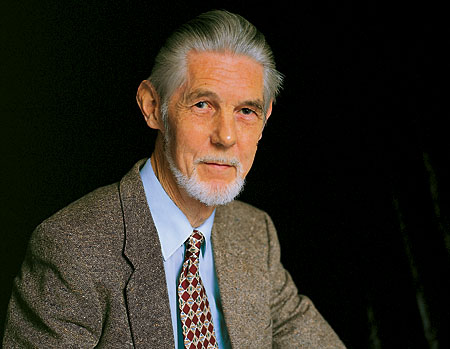
Sennheiser HD800 headphones Measurements
Sennheiser HD800 headphones Measurements
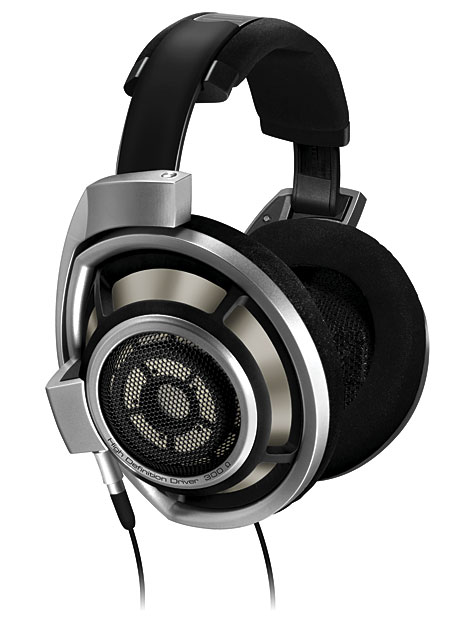
- Read more about Sennheiser HD800 headphones Measurements
- Log in or register to post comments
Sennheiser HD800 headphones Associated Equipment
Sennheiser HD800 headphones Associated Equipment
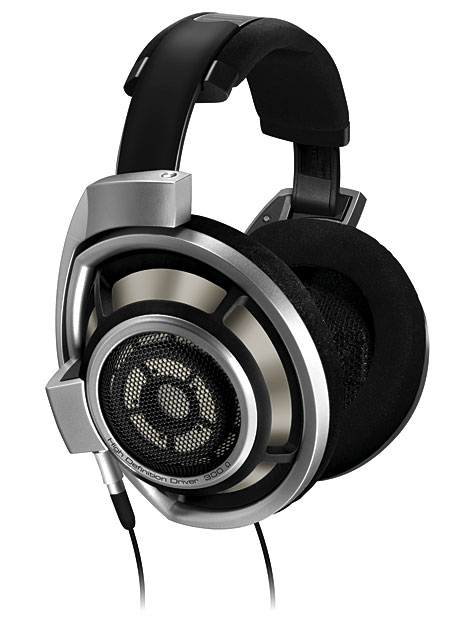
- Read more about Sennheiser HD800 headphones Associated Equipment
- Log in or register to post comments
Sennheiser HD800 headphones Specifications
Sennheiser HD800 headphones Specifications
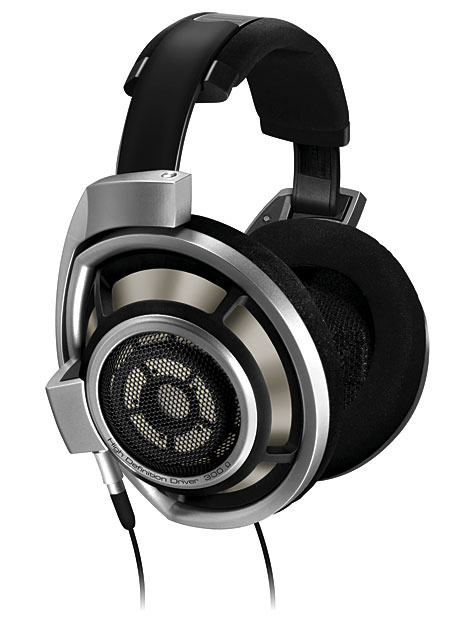
- Read more about Sennheiser HD800 headphones Specifications
- Log in or register to post comments
Sennheiser HD800 headphones Page 2
Sennheiser HD800 headphones Page 2
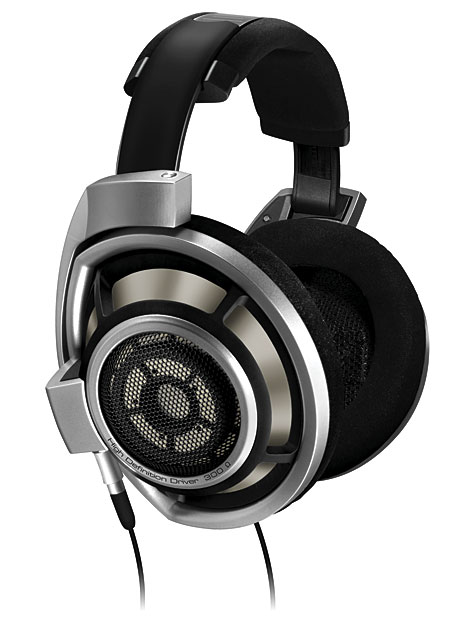
- Read more about Sennheiser HD800 headphones Page 2
- Log in or register to post comments
Sennheiser HD800 headphones
Sennheiser HD800 headphones
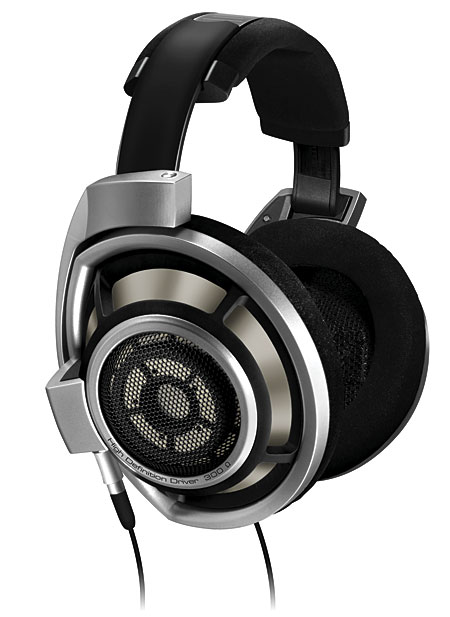
- Read more about Sennheiser HD800 headphones
- Log in or register to post comments
2.1 System Help
- Read more about 2.1 System Help
- Log in or register to post comments
What's your goto summer beer?
- Read more about What's your goto summer beer?
- Log in or register to post comments
For me-
Rush River Bubblejack IPA
Surly Furious
Summit IPA
Rogue Dead Guy
Rogue American Ale
Rush River is a Wisconsin beer and I don't think it is widely distributed. Summit and Surly are made in the Twin Cities and also have limited distribution. Rogue is out of Oregon and I dare you to find a beer of thiers that sucks.
Sotomayer wrong on guns AND the law
- Read more about Sotomayer wrong on guns AND the law
- Log in or register to post comments
Senator Hatch, in his questioning of Sotomayer on her decision after Heller on incorporation of the fundamental right to arms against the states under the 14th Amendment, raised a very serious point that he did not explain very well (IMHO).
Judge Sotomayer decided that the 2nd amendment did not apply to the states under the doctrine of the 14th Amendment allowing the states to regulate the right to non existence if they had a logical case to do so.

Please help me out and tell me if this setup would work. My goal is to have a very nice sounding 2 channel setup mainly for listening to music, but also an occasional movie. (In the future, I want full 7.1 to be an option, which is why I didn't choose a stereo receiver.)
I'm planning on connecting my laptop, using a Turtle Beach Audio Advantage Micro sound card, to a Marantz SR4003 receiver which pushes two Polk Lsi9 bookshelves.